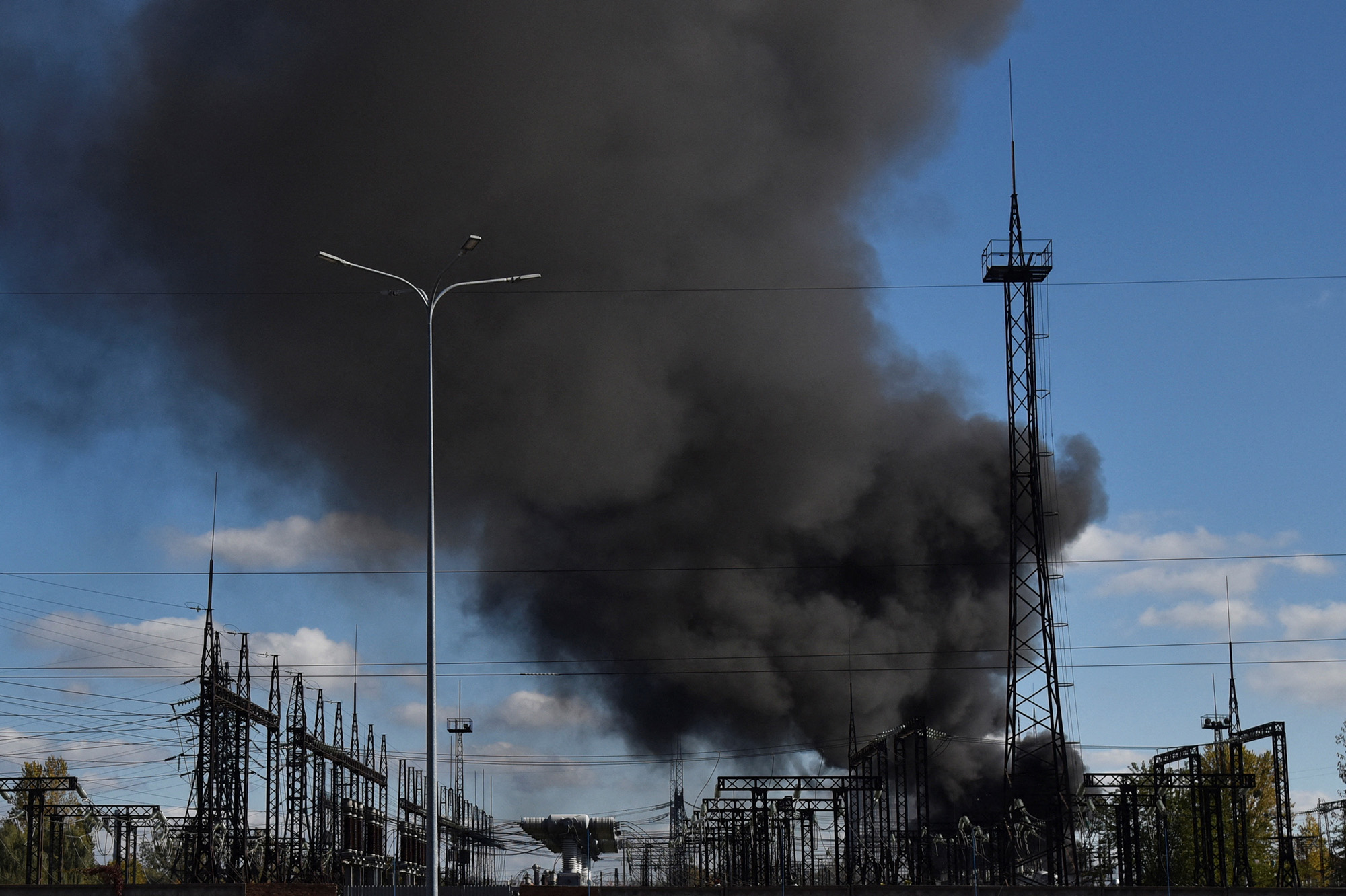The Human Cost Of Trump's Economic Goals

Table of Contents
The Erosion of the Social Safety Net
Trump's economic policies significantly weakened the social safety net, leaving vulnerable populations to bear the brunt of the consequences. This resulted in increased hardship and exacerbated existing inequalities.
Cuts to Social Programs
The Trump administration implemented cuts to vital social programs, directly impacting millions of Americans.
- Medicaid cuts: Proposed reductions in federal Medicaid funding led to states implementing stricter eligibility requirements and reduced benefits, resulting in decreased access to healthcare for low-income individuals and families.
- SNAP (food stamps) reductions: Efforts to tighten eligibility criteria and reduce benefits left many struggling to afford adequate food, contributing to food insecurity and hunger, particularly among children and the elderly.
- Affordable housing cuts: Reduced funding for affordable housing initiatives resulted in a decrease in available affordable housing units, exacerbating homelessness and forcing many families into precarious living situations. The consequences of reduced social spending are far-reaching, impacting everything from health outcomes to educational attainment. These actions directly contradict the idea of a strong social safety net, leaving vulnerable individuals and families with fewer resources to cope with economic hardship.
Increased Inequality
Trump's 2017 tax cuts disproportionately benefited the wealthy, widening the gap between the rich and poor. This widening income inequality under Trump deepened pre-existing societal divides and further marginalized vulnerable populations.
- Income inequality statistics: Data from the Congressional Budget Office and other reputable sources show a significant increase in income inequality following the tax cuts, with the top 1% receiving a disproportionately large share of the benefits.
- Wealth concentration: The tax cuts further concentrated wealth at the top, exacerbating existing disparities and limiting economic mobility for lower-income families. The increased wealth concentration under Trump's administration has significant social and political consequences, fueling social unrest and undermining the principles of economic fairness.
The Impact on Healthcare
Trump's healthcare policies significantly impacted the affordability and accessibility of healthcare for millions of Americans.
Rising Healthcare Costs
Deregulation and policy changes led to a dramatic increase in healthcare costs for many Americans.
- Increased premiums, deductibles, and out-of-pocket expenses: Many Americans experienced significant increases in their health insurance premiums, deductibles, and out-of-pocket expenses, making healthcare unaffordable for many.
- Loss of health insurance coverage: Changes to the Affordable Care Act (ACA) resulted in a significant increase in the number of uninsured Americans, leaving millions without access to vital healthcare services. The rising healthcare costs under Trump's administration have created a significant barrier to access for many, particularly those with pre-existing conditions or low incomes.
Weakening of the Affordable Care Act (ACA)
Attempts to repeal and weaken the ACA severely impacted healthcare access and coverage.
- Increased uninsured rates: The weakening of the ACA's consumer protections and subsidies directly contributed to an increase in the number of uninsured Americans, reversing years of progress in expanding healthcare coverage.
- Loss of coverage due to ACA changes: Millions lost health insurance coverage as a result of changes to the ACA, leaving them vulnerable to medical debt and other hardships. The impact of ACA weakening on healthcare access remains a pressing concern and continues to affect vulnerable populations significantly.
Environmental Degradation and its Human Cost
The Trump administration's rollback of environmental regulations had devastating consequences for public health and the environment.
Rollback of Environmental Regulations
The systematic dismantling of environmental protections resulted in increased pollution and associated health problems.
- Clean Power Plan rollback: The weakening of the Clean Power Plan led to increased greenhouse gas emissions, contributing to climate change and its associated health risks.
- Emissions standards rollback: The relaxation of vehicle emissions standards resulted in poorer air quality, leading to increased respiratory illnesses and other health problems, disproportionately affecting low-income communities and communities of color. These actions demonstrate a disregard for environmental justice and the health of vulnerable populations. Climate change denial and the resulting environmental deregulation under Trump have profound implications for human health and well-being.
Job Losses and Economic Instability
Trump's trade policies and other economic decisions led to job losses and increased economic uncertainty for many American workers.
Trade Wars and Their Consequences
Trump's trade wars with other countries led to significant job losses in several key industries.
- Job losses in specific sectors: The imposition of tariffs resulted in job losses in sectors heavily reliant on international trade, such as agriculture and manufacturing.
- Increased prices for consumers: Tariffs also led to increased prices for consumers, reducing purchasing power and impacting household budgets. Trump's trade wars had a devastating impact on American workers and businesses, highlighting the human cost of protectionist policies.
Conclusion: Understanding and Addressing the Human Cost of Trump's Economic Goals
This analysis reveals the significant human cost associated with Trump's economic policies. The erosion of the social safety net, rising healthcare costs, environmental degradation, and job losses all contributed to widespread hardship and increased inequality. It's crucial to understand that purely economic metrics fail to capture the suffering endured by millions of Americans.
We must move forward by researching the long-term consequences of these policies and engaging in informed discussions about how to build a more just and equitable economic system. Contact your representatives, support organizations advocating for social justice and economic equality, and demand that the human cost of economic policies be prioritized when making decisions that impact the lives of millions. Let's strive to avoid repeating these mistakes by carefully evaluating the social impact of economic decisions and choosing leaders committed to the well-being of all Americans, not just the wealthy few. The human cost of economic policies must be at the forefront of our political considerations.

Featured Posts
-
 Deadly Russian Air Strikes On Ukraine Us Peace Efforts Face Challenges
Apr 22, 2025
Deadly Russian Air Strikes On Ukraine Us Peace Efforts Face Challenges
Apr 22, 2025 -
 The Next Pope How Franciss Legacy Will Shape The Conclave
Apr 22, 2025
The Next Pope How Franciss Legacy Will Shape The Conclave
Apr 22, 2025 -
 Following The Karen Read Murder Case A Comprehensive Timeline
Apr 22, 2025
Following The Karen Read Murder Case A Comprehensive Timeline
Apr 22, 2025 -
 The Pan Nordic Army A Combined Strength Of Swedish Tanks And Finnish Troops
Apr 22, 2025
The Pan Nordic Army A Combined Strength Of Swedish Tanks And Finnish Troops
Apr 22, 2025 -
 Will Google Be Broken Up Analyzing The Current Landscape
Apr 22, 2025
Will Google Be Broken Up Analyzing The Current Landscape
Apr 22, 2025
